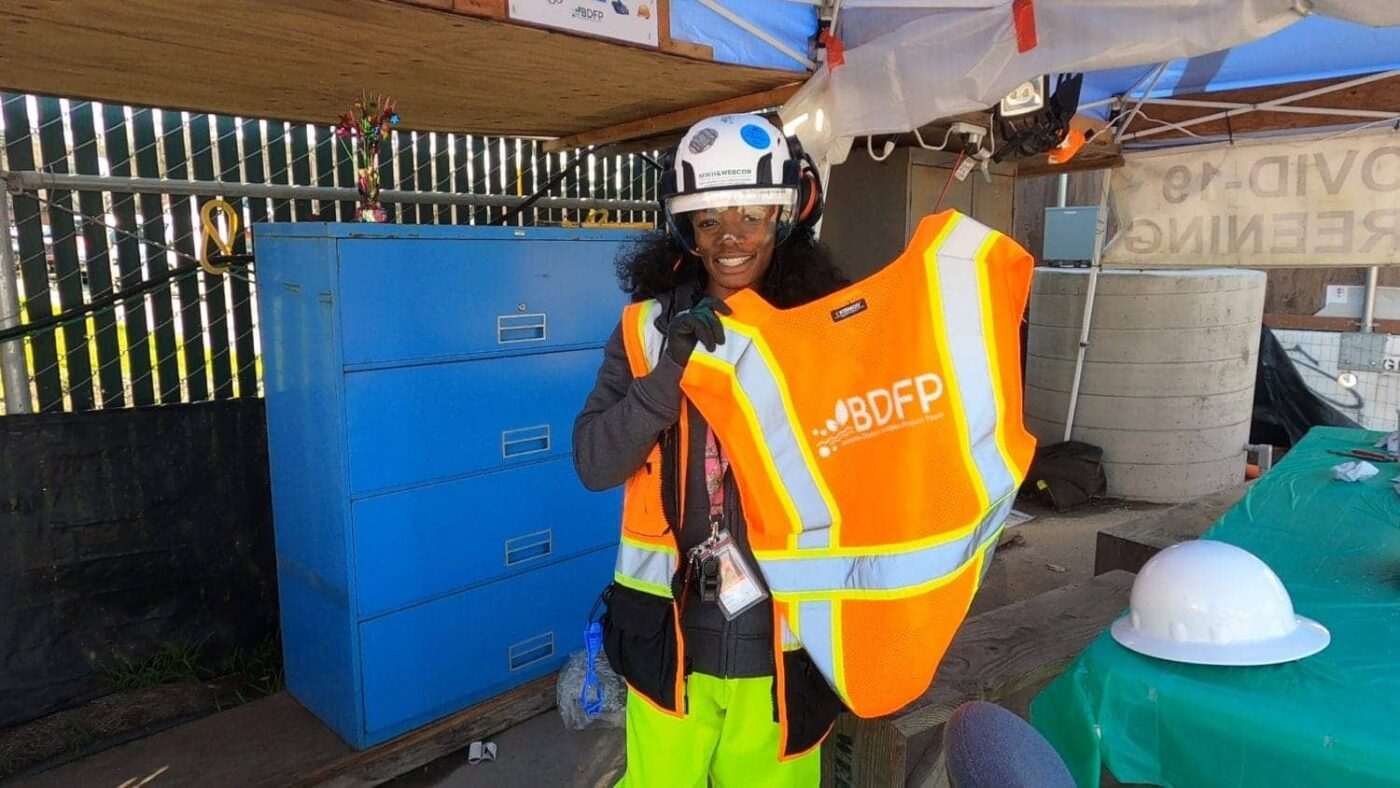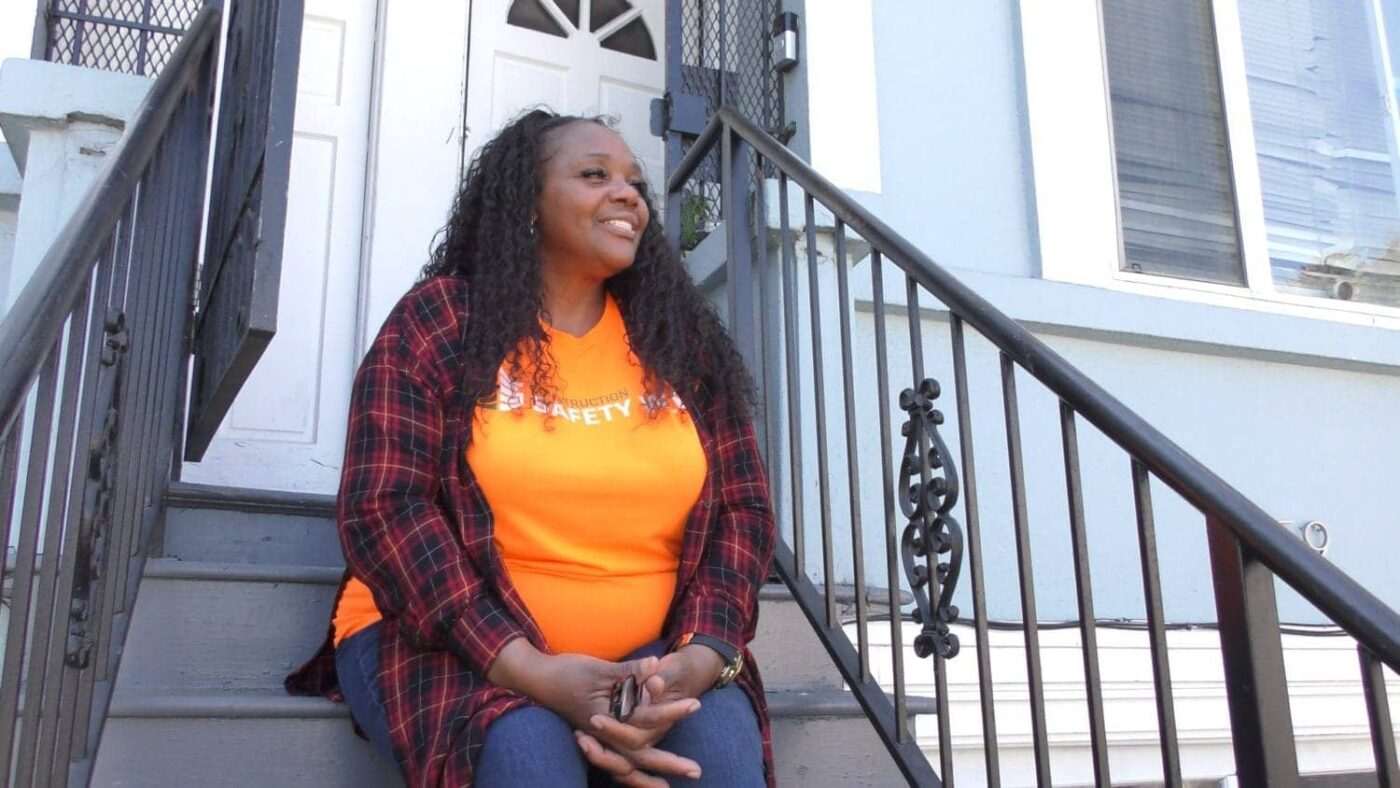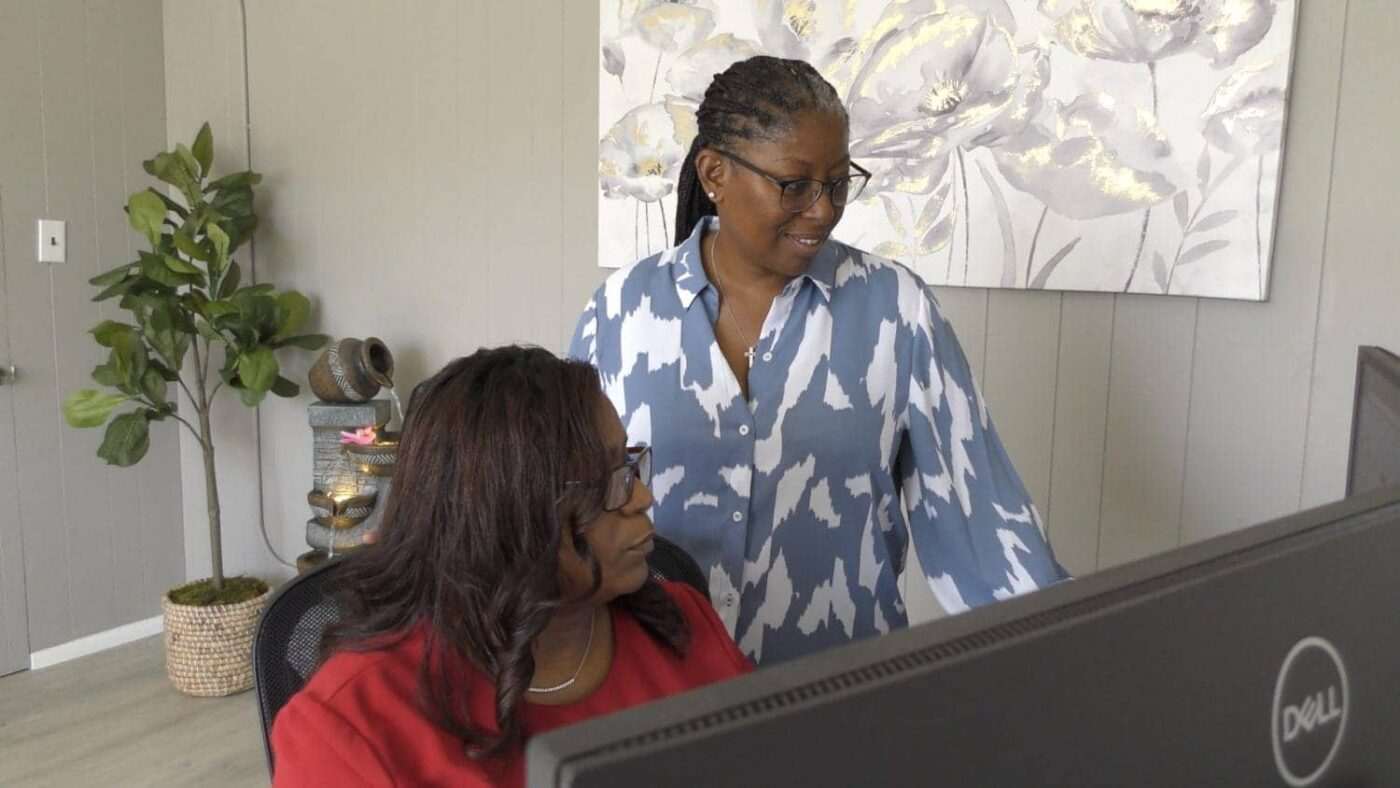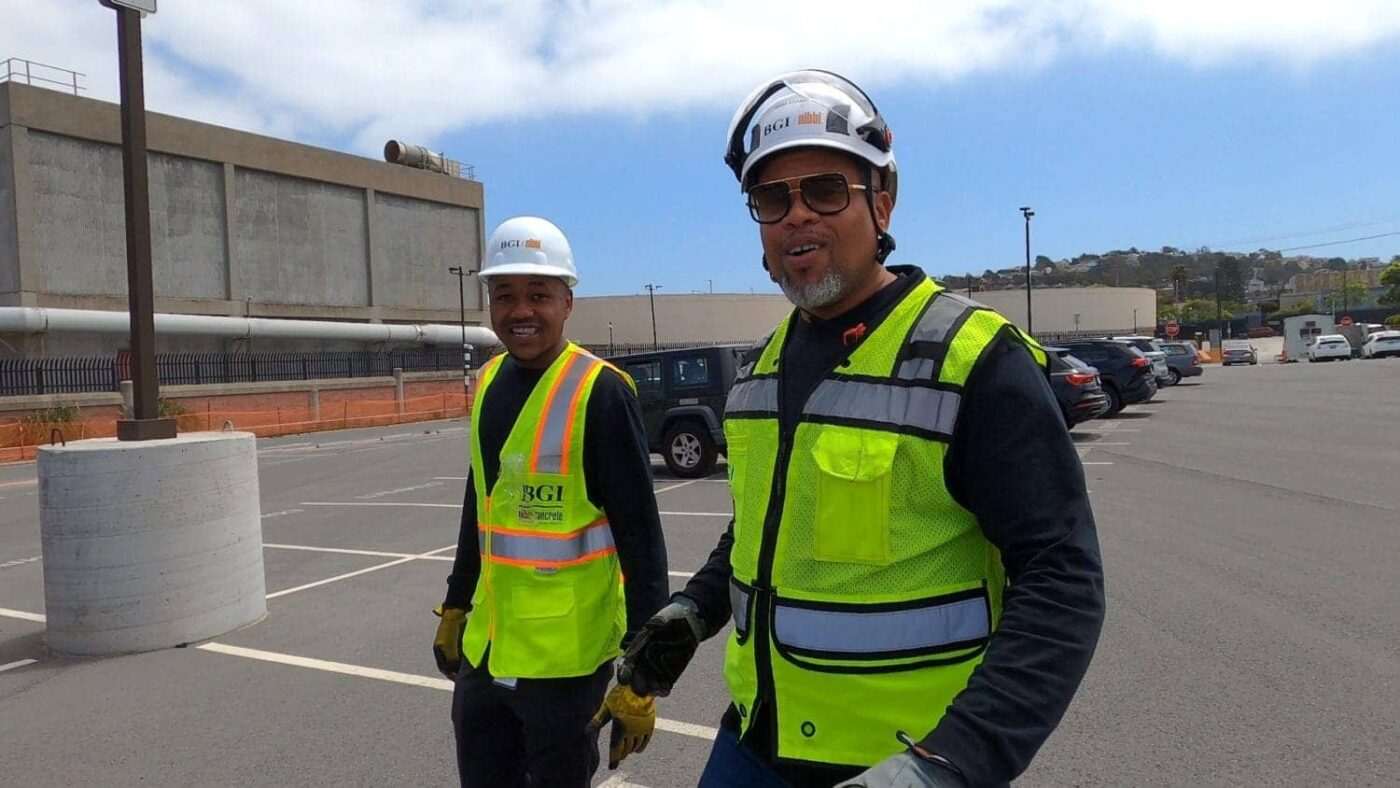
San Francisco – When LaSonia Mansfield decided to launch her own cleaning business, she looked around her Bayview Hunters Point neighborhood and the surrounding area and saw a lot of construction going on. “And I was like, wow, there is a niche opportunity here,” she said. But Mansfield didn’t realize how difficult it would be to get jobs on the major construction projects that would make her business truly thrive. Those projects required more than just experience and capacity; they required the right licenses and certifications, bonding and a thorough understanding of the bidding process – hurdles that keep many small San Francisco-based construction businesses like hers out of the pool of opportunity that large city projects are meant to provide.
As MWH/Webcor JV began putting together the bidding strategy for the Biosolids Digester Facilities Project (BDFP) for the San Francisco Public Utilities Commission, BDFP Executive Director Kathryn Mallon and her team focused heavily on breaking down barriers to full participation in this major construction project for Local Business Enterprises (LBEs) like Mansfield’s.

“Projects like the BDFP can create opportunity for a large and diverse number of small businesses, and we wanted to make sure as many LBEs from the Bayview Hunters Point neighborhood (District 10) that surrounds the project site would be able to participate,” explains Project Outreach Manager Chris Bardales. “We strive to be very intentional about ensuring opportunity for LBEs.”
Bardales and his team created a robust plan for community engagement in the Bayview Hunters Point District 10 neighborhood. The project team conducted extensive outreach to businesses in the neighborhood to capture their level of interest, capabilities and capacity. The team then aligned the feedback from local businesses to opportunities on the site – in short, working in partnership with local businesses to design a participation program that reflected their needs.
As part of these efforts, the BDFP outreach team worked closely with the City’s Contract Monitoring Division to provide access to resources to help support LBEs in the bidding process, secure proper certifications and bonding, and overcome other hurdles to accessing work on the site.
“What we saw was that LBEs often don’t have experience bidding as prime contractors,” Bardales said. So, the BDFP team designed and hosted a series of networking events to connect the LBE community with potential prime contractors and make sure they had the resources they would need to succeed.
The networking events also allowed the BDFP outreach team to identify other barriers hyper-local LBEs faced and try to knock those down as well. The BDFP team set up virtual workshops and office hours that gave LBEs like Harris Hoisting, a woman and minority-owned small hoisting and lift provider based in Bayview Hunters Point, the guidance they needed to get through the prequalification process and ensure that they submitted their bid on time.
“They listened to me and any questions I had; they quickly answered them and helped me through. They created a process that was truly seamless,” Tana Harris, president of Harris Hoisting said. “I’m very grateful to them because this is our first opportunity to work on a project of this size, which is important because it builds our resume and helps others see that we can deliver.”

The BDFP team also created a diverse array of contracting relationships so that businesses had options for how to participate. Work was carved out for bidding exclusively to local businesses for those that wanted to gain experience “priming” contracts, while other opportunities were embedded as subcontracts in larger trade packages. The BDFP team also used its direct negotiating capacity to broaden the number of firms in the community that could participate in the project. Essentially, the project team implemented all of the contracting tools at its disposal to align with the capabilities and aspirations of the local business community.
“This is a unique experience for us,” said Samuel Adams from the Baines Group, a black-owned general contractor from San Francisco that has four divisions, including structural concrete. “We worked with the MWH/Webcor Joint Venture to deliver a diverse concrete scope package by building a blended team of our company’s divisions along with a high percentage of neighborhood subcontractors. We typically hire from within the community we are building in, routinely hitting SF Hyper-Local Local Business
Enterprises numbers of around 20-30%. However, with the efforts of the JV’s teams, we have been able to boost our LBE numbers to over 70% on the Biosolids project”
Another strategy the BDFP team employed was creating a series of Negotiated Site Service packages that were tailored to the capacity and scope of LBEs in the hyper-local community. It was one of these packages that created the pathway for Mansfield to get her cleaning company on the project.
“BDFP breaking down the package was amazing. That really gave me a foot in the door,” Mansfield said. “The biggest thing for women, African-American contractors, is getting work. And a project like this allows me to provide jobs with a living wage for laborers in my community. It means everything to me. It really advances everyone forward.”

MWH/Webcor JV realized that creating opportunities for LBEs on the project was only one piece of the puzzle. Those LBEs also needed a pipeline of trained workers to fill the jobs the project was creating. BDFP Senior Safety Manager Kendall Cantave and Superintendent Tyrone Evans connected with trade unions and built partnerships with Community-Based Organizations (CBOs) embedded in District 10 that were already working to reach and train men and women for careers in the construction industry. Cantave and Evans established clear channels of communication with this group to inform them of upcoming work on the BDFP site and what workers and skills would be needed. This allowed Community-Based Organizations to align their training with the upcoming needs and create a smooth transition from pre-apprentice training graduation to apprentice opportunities on the site. The BDFP team also launched an ambitious social media campaign to get information out to the community about opportunities on the project and how to connect with local workforce training organizations.
Ty’Asia Reynolds, safety clerk for MWH/Webcor JV, came to the project through programs run by two of these CBOs, Success Centers and City Build, which helped her get the training and certifications that she needed to get hired onto the project.
“I come from a really rough background. I’ve been incarcerated. I’ve been homeless,” Reynolds explained. “But the Success Centers and City Build, they never gave up on me.” Reynolds has now been working on the BDFP project for over a year and sees a bright future. “I’m making good money. I keep building my certifications so I can advance. I tell my boss to get ready because I’m coming for his job,” Reynolds said with a smile.
But Reynolds’ smile turned serious as she explained how the BDFP’s commitment to this workforce support structure has also given her the chance to pull others from the community onto the project. She is living proof that when projects like BDFP, CBOs and unions come together, barriers to life-changing employment can be overcome. “I tell my story every chance I get,” said Reynolds. “I am here to encourage people and get them connected to organizations that can help them with training, childcare, housing, driver’s licenses – all those things that can get in the way of someone getting into a career that can turn their life around.”
There’s a tangible benefit for the MWH/Webcor JV, said Bardales, to investing in Local Business Enterprises and the local workforce beyond just meeting the city’s LBE and workforce requirements. “By breaking down barriers to opportunity, the project helps local businesses to thrive and increases the pool of skilled craftworkers in the City, supporting sustainable, long-term economic growth in the community, the City and the region. It also gives the community a sense of civic pride that their efforts have helped contribute to the success of one of the most critical public infrastructure projects being built in the City in the past decade, right in their own backyard.
“The entire project team has enjoyed the opportunity to partner with the community to deliver such an incredibly iconic project for the City. We’ve learned a lot about the hardships and hurdles faced by these local businesses and workers to gain access to opportunity and are proud of the partnerships we’ve formed to help remove obstacles and pave the way for opportunity. These efforts are not only good for the City, the project and the community, it’s smart business for us and will help us grow in the future as well.”
This story was submitted on behalf of The Biosolids Digester Facilities Project by Grace Fuh, grace.fuh@vmpr.com.





